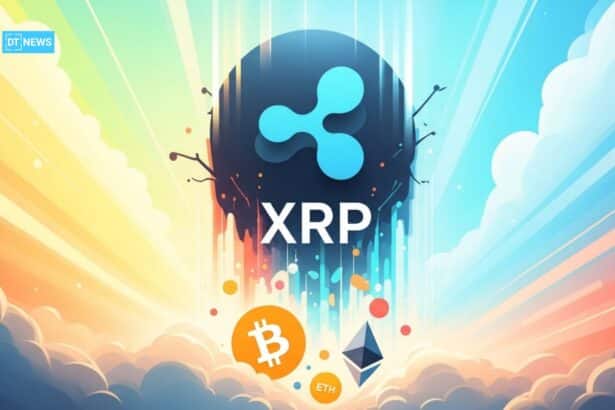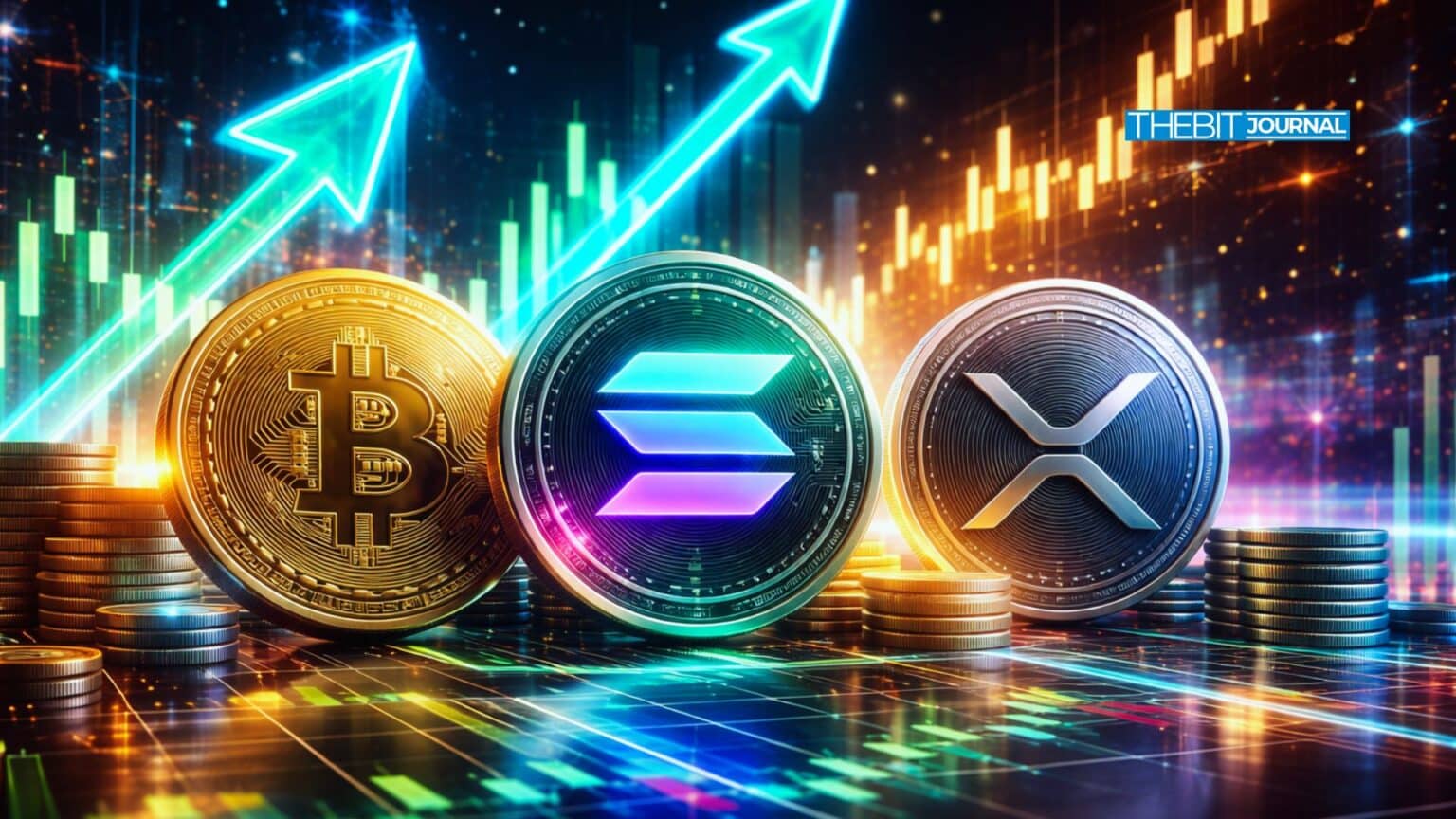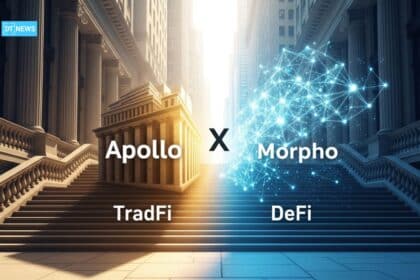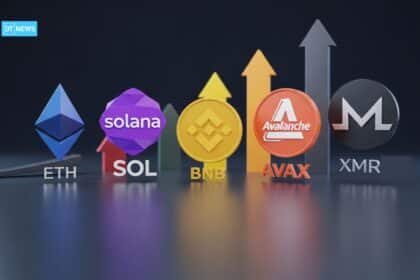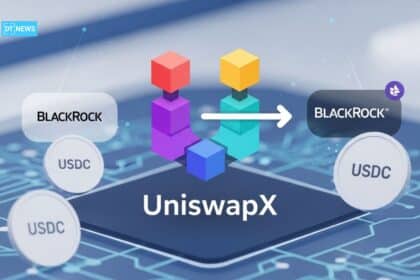Apollo to Acquire 9% of MORPHO in Four-Year Deal
This article was first published on Deythere. Apollo Global Management has announced…
Crypto ETF Flows Shift as Bitcoin and Ethereum Dip, Solana and XRP Rise
Institutional money does not move in a straight line, on February 16,…
Top Blockchain Developer Tools 2026 for Building and Scaling
This article was first published on Deythere. The progress of Blockchain development…
Top NFT Marketplaces 2026 Driven by AI, Gaming, Real Assets
Top NFT marketplaces 2026 are changing the way people think about digital…
GENIUS Act vs MiCA Stablecoins: A Two-Tier Market Emerges
The GENIUS Act vs MiCA stablecoins discussion is changing the stablecoin market…
Top Altcoin Picks After a Market Dip: Coins Showing Relative Strength vs BTC
This article was first published on Deythere. The recent crypto slump has…
HYPE Price Prediction 2026: Can Bulls Hold $28?
This article was first published on Deythere. As the crypto market wades…
BlackRock BUIDL Launches on UniswapX With Onchain USDC Swaps
This article was first published on Deythere. BlackRock has now brought its…
Cardano LayerZero Integration Unlocks $80B Assets
This article was first published on Deythere. The Cardano LayerZero integration marks…
Bitcoin Price Prediction: Polymarket Traders Expect a Dip towards $60K
A fresh Bitcoin price prediction is taking shape in the one place…






































































































